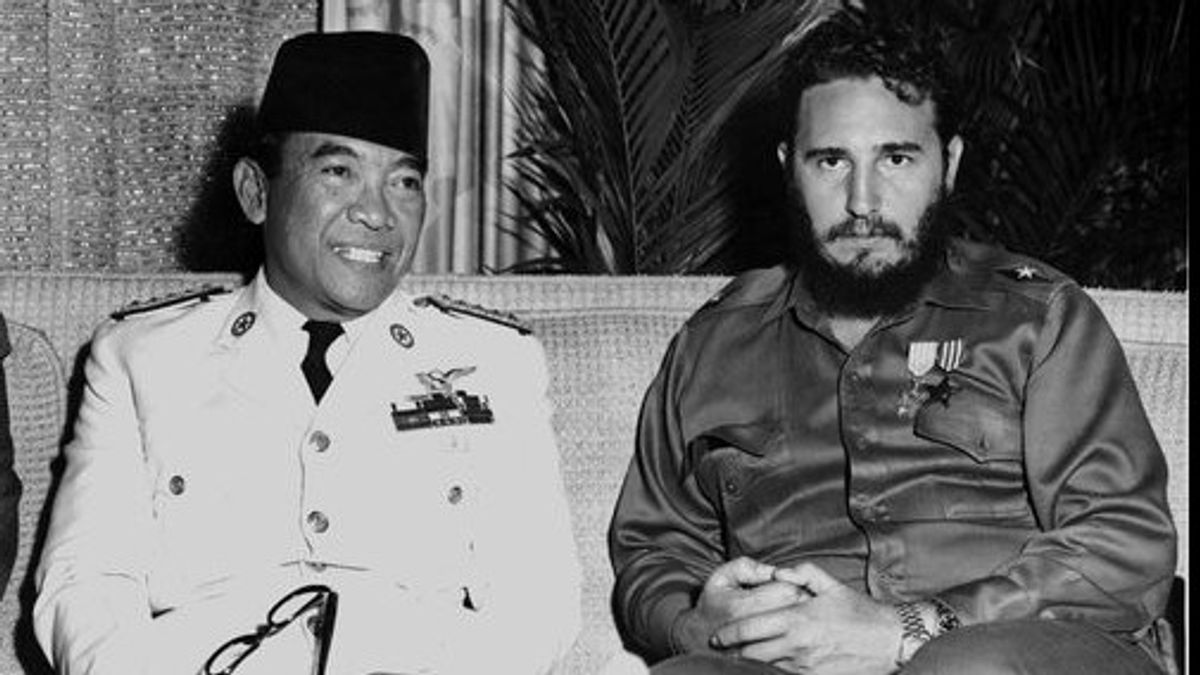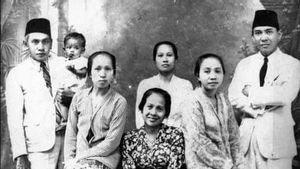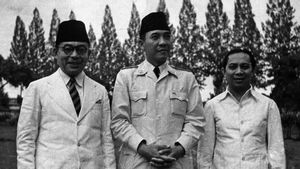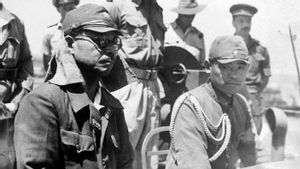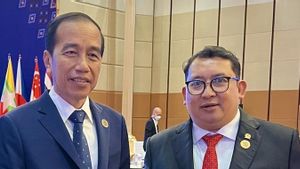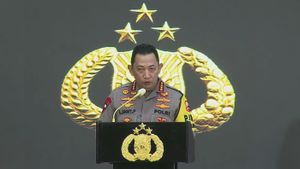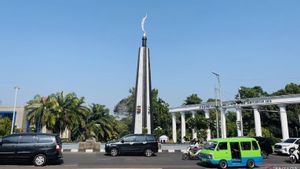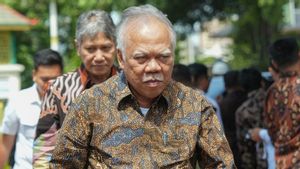JAKARTA – Today's history, 57 years ago, on January 26, 1966, President Soekarno wrote a letter to his friend the Cuban leader, Fidel Castro. It contained Bung Karno inviting the Cuban Prime Minister not to worry about the issue of massacres caused by the September 30th Movement (G30S).
Previously, Castro expressed his concern for all Indonesian people over the occurrence of the G30S. The bloody incident stems from the kidnapping and murder of the Army General (AD). The impact was widened everywhere. Purging of Indonesian Communist Party (PKI) sympathizers, is one of them.
The kidnapping and killing of a number of Indonesian army generals was the beginning of the G30S incident. The incident left the whole of Indonesia in an uproar. The G30S was deemed inhumane. How vile. Moreover, the G30S was predicted to have a mission to overthrow the Old Order government.
The PKI was later cited as the main mastermind behind the incident. The people did not remain silent. They asked Sukarno to immediately take firm action against the PKI. However, the Son of the Dawn never took action. Volumes of demonstrations were held in various places as a form of dissatisfaction.
All the people began to hunt for PKI sympathizers. Efforts to purge the PKI have been carried out more massively since the narrative of the PKI's atrocities against all generals surfaced in the mass media. The PKI was seen as an enemy of Indonesia.

This condition made Soekarno furious. He did not want to be rash by immediately taking a stand. He wanted proof that the PKI was really involved in the movement. If Sukarno was involved, he would dissolve the PKI. He kept on making that promise every chance he got.
"Well, that's what I saw in Indonesia, brothers, and sisters, after September 30. We clashed with each other, and fueled each other's enthusiasm until I threatened at that time in Bogor, the Plenary Session of the Cabinet, come on, if there is a group that fires enthusiasm, I as the Great Leader of the Revolution, what do I do, as This leader of the Indonesian people, this leader of the Indonesian nation, who feels responsible for the unity of the Indonesian nation, I will disband this group that ignites enthusiasm."
“PNI, if it ignites enthusiasm, I will disband it! Partindo, if it ignites enthusiasm, that is, invites get-togethers, I will disband it! What's more, if the PKI incites enthusiasm, I will disband it! IPKI, I disband! I will disband PNI again! IPKI, I disband! I disband all parties that are causing clashes, against ourselves, brothers and sisters, between our nation and our nation, I'll disband them", said Soekarno in his address at the Opening Session of the 10th MPRS Leadership at the State Palace, on December 6, 1965, as drafted by Budi Setiyono and Bonnie Triyana in the book Revolusi Belum Usai (2014).
In fact, the heat tension of the G30S is not only a concern for the whole of Indonesia, but also for the whole world. Fidel Castro, for example. The Cuban leader even immediately wrote to the Indonesian government to inquire about the G30S. Mainly regarding the purge of PKI sympathizers.

Soekarno also responded to Fidel Castro's concerns. He immediately wrote a letter to Fidel Castro on January 26, 1966. He asked Fidel Castro not to worry. Bung Karno sent the Indonesian Ambassador to Cuba, A.M. Hanafi to explain directly to Castro as well as bring his letter.
"I understand your concern about the killings in Indonesia, especially when viewed from afar what happened in Indonesia, namely what I call the One October Movement (Gestok) - another name for G30S - and which was then followed by the killings which carried out by the counter-revolutionaries is very detrimental to the Indonesian Revolution.”
“However, I and my assistants fought hard to restore the prestige of my government and the prestige of the Indonesian Revolution. This struggle requires time and high tenacity. I hope you understand what I mean, and with that understanding will help our struggle," Soekarno said in his letter, as quoted by A.M. Hanafi in the book A.M. Hanafi Menggugat (1998).
SEE ALSO:
The English, Chinese, Japanese, Arabic, and French versions are automatically generated by the AI. So there may still be inaccuracies in translating, please always see Indonesian as our main language. (system supported by DigitalSiber.id)
